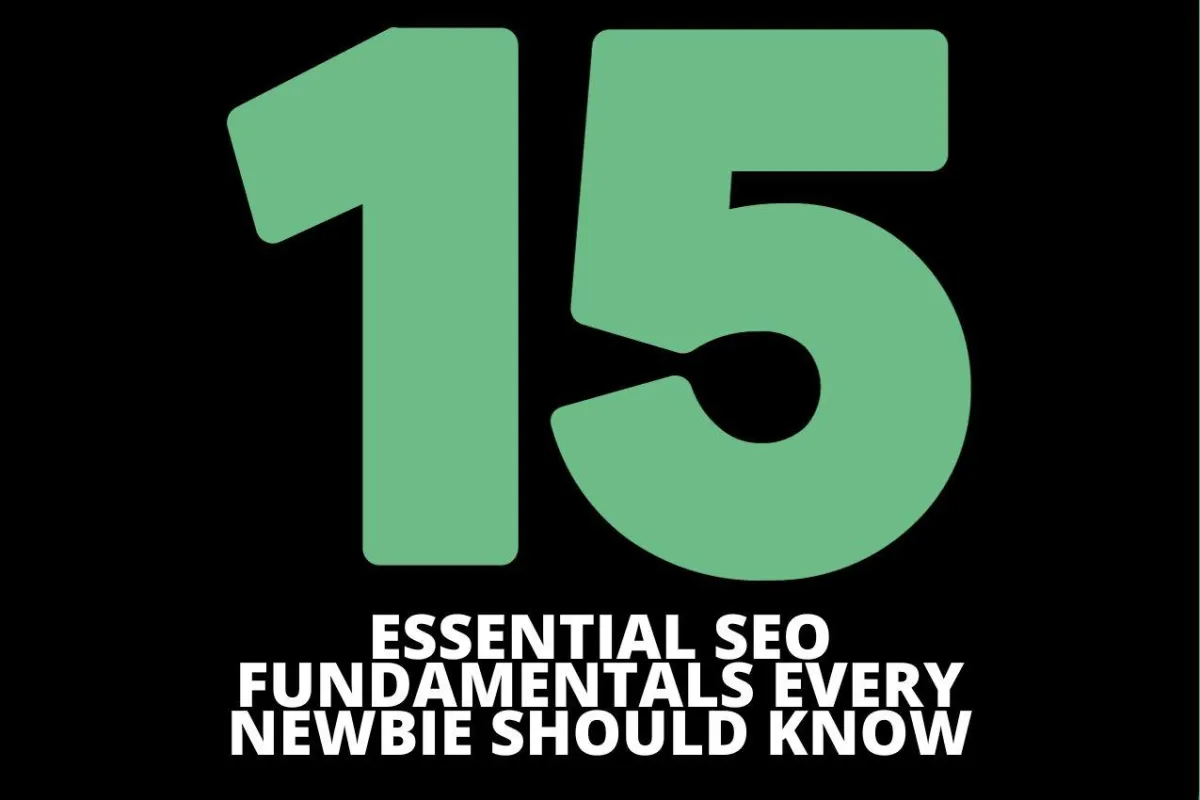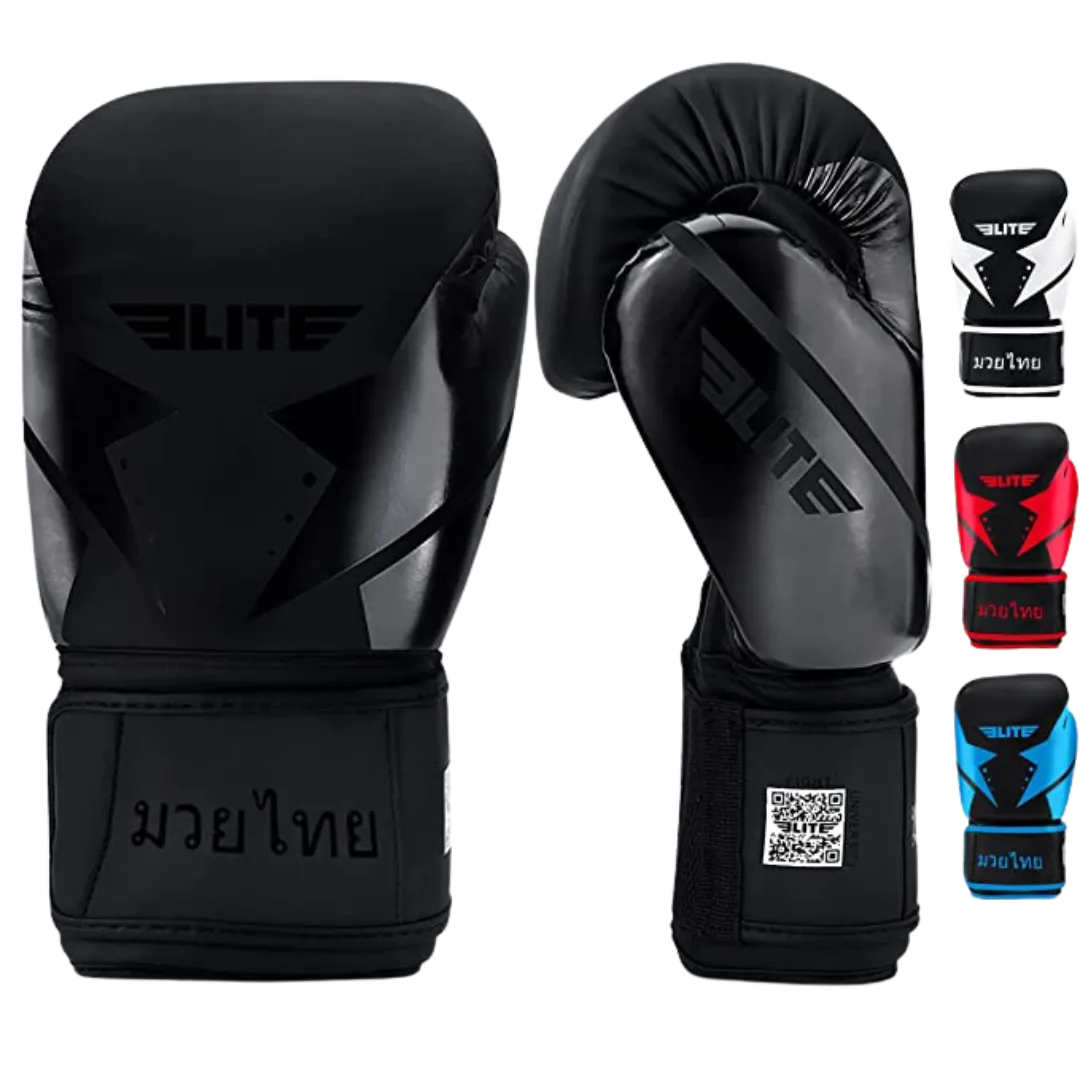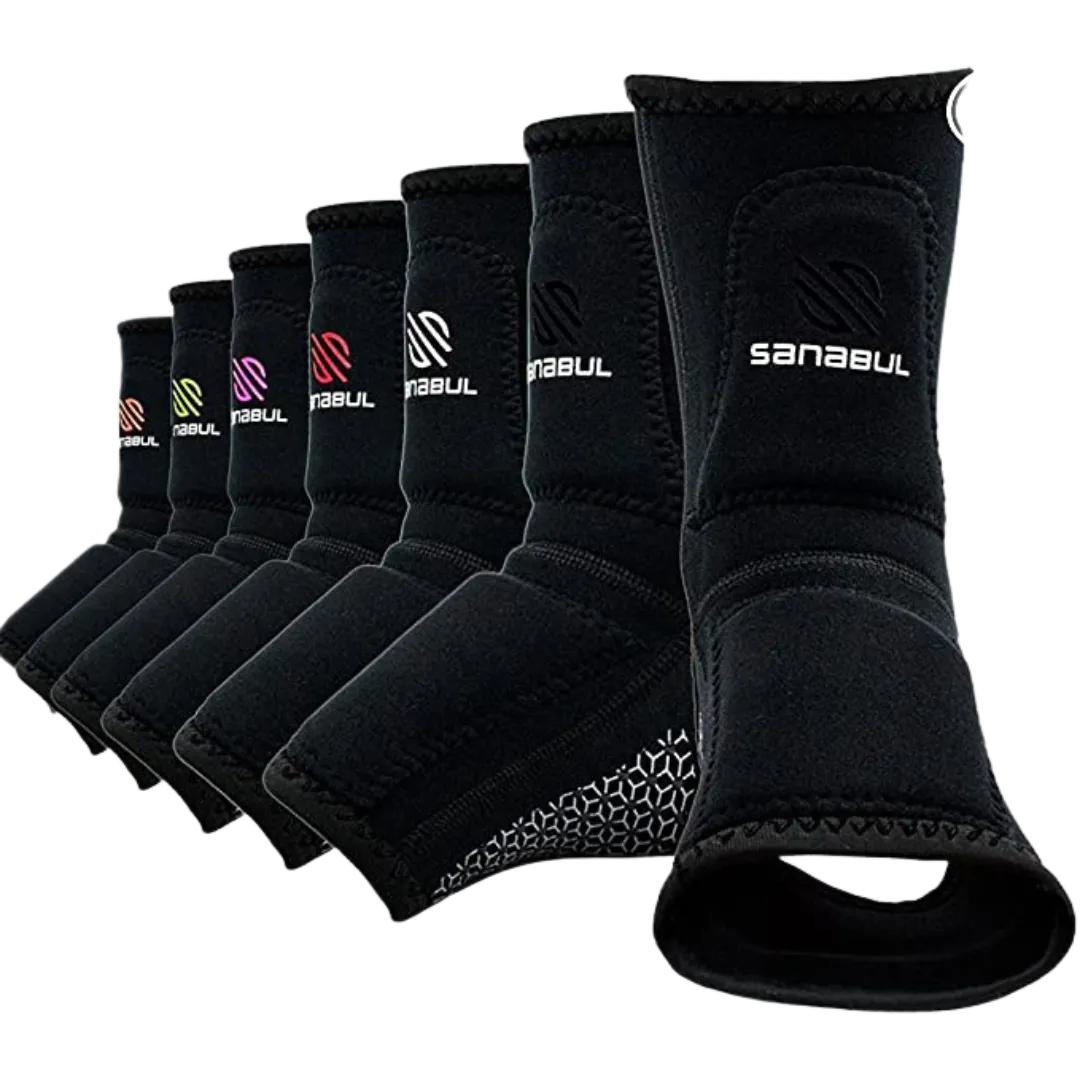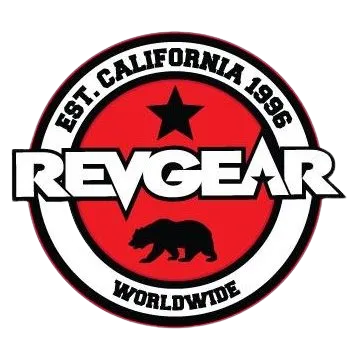Muay Thai Gear and Guides
Your Muay Thai Equipment Will Help or Hinder.
I research gear so you make the best decision as you begin your journey and grow!
Gloves
Possibly the most subjective piece of gear you will own. Here you will find what to look for in muay thai gloves. Beginners save money now and start your research for your upgrades!
Shin Guards
Conditioning your shins will come in time, but protect them now and don't feel as bad kicking your friends when sparring. PLUS, some extras to help you avoid ripping your achilles skin.
Shorts
Traditional Muay Thai shorts are a popular design but now there are more options. From material to features, I will explain the pros and cons.
ABOUT MTG
Why You Can Trust This Site and Me For Muay Thai Gear
There is no problem not knowing what to buy, especially when you are just starting out. It is intimidating making sure you have a respected brand and your gear has the best design for Muay Thai.
Luckily, I am wildly analytical and have a ton of experience with analysis paralysis. You are going to benefit from hours of research including watching videos, reading other review sites, contacting the brands themselves, and trying out the gear.
I promise to be honest with you and share our experience.
PLUS, I created this site to help my friends and fellow students make easy decisions. It is a labor of love, so you get my passion and not my attempt to sell you something you don't need. The only way I get paid is through affiliate links. If you click on a product you like and purchase it, I get the smallest amount in return. This does not sway our suggestions in any way.
Headgear
Not every gym requires you to get your own headgear. But, I suggest you do. You don't know if the last person cleaned them properly, and that is NOT a problem you want.
Mouth Guards
It is way more expensive to fix a chipped tooth than to have a mouth guard...or two...or maybe even 20 or more. Get the point?
Hand Wraps
Seems basic, right? A wrap around your hand. What about size, elastic vs non, slip-ons (with gel!)...get the idea?
Foot/Ankle Wraps
Much like hand wraps but for the opposite end of your body. After a few kicks, you'll see why I recommend them.
Elbow Pads
When the time comes and your gym allows you to spar with elbows, you will need pads. Your partner doesn't want a split eyebrow.
Knee Pads
Another buffer that allows you to throw a little harder but not hurt your partner. Plus, protect your joints as you get older.
"Thai" Pads
These are the most popular pads at your gym. However, sometimes the gyms are destroyed, so own a pair.
Focus Mitts
Great for increasing accuracy and speed. These little pads have huge benefits and can be used anywhere.
Belly Pads
Conditioning your abs in the beginning is great! As you level up, the teeps get tougher!
Strike Shield
This is a very versatile pad and there are slight features that matter quite a bit. You will love this for training with strong kickers.
Thigh Pads
Dead legs hurt! Believe me, I will get to a great story in here of a week long dead leg. These also help you flex into kicks.
Shirts/Tops
What's more important than a cool graphic? Discover why I choose certain materials, length, and brands.
Gym Bags
A big duffel works and so does a backpack. But, what if you ride a motorcycle - where are the waterproof bags? See our suggestions.

15 Essential SEO Fundamentals Every Newbie Should Know
1. Understand Search Intent:
- What is it? Every search query has an intent behind it: informational (seeking knowledge), commercial (looking for a product/service), navigational (seeking a specific website), or transactional (ready to buy).
- Why it matters: Recognizing and catering to this intent is crucial for SEO success. It ensures you're providing the right content to meet users' needs.
- What you can do: Create a balanced mix of content types addressing various intents to enhance your site's topical authority.
2. Keyword Research:
- What is it? The process of identifying relevant keywords for your niche using tools.
- Why it matters: Keywords are the terms users type into search engines. Targeting the right ones ensures your content reaches the right audience.
- What you can do: Use tools like SEMrush or Google Keyword Planner. Start with low difficulty keywords and gradually target more competitive ones.
3. Optimize Meta Tags:
- What is it? Meta tags are snippets of text that describe a page's content but don't appear on the page itself.
- Why it matters: They help search engines understand what your page is about and can influence click-through rates.
- What you can do: Ensure your title, description, and headers are relevant and optimized for your target keywords. Make sure they fit the length limits here: https://www.webyurt.com/tools/meta-title-counter
4. High-Quality Content:
- What is it? Content that provides value, is well-researched, and readable.
- Why it matters: Quality content is more likely to attract and retain visitors, leading to better SEO outcomes.
- What you can do: Focus on providing value, ensuring readability, and referencing credible sources. Make sure you understand Google's Quality Guidelines
5. Image Optimization:
- What is it? The process of making images web-friendly through compression and adding alt tags.
- Why it matters: Optimized images load faster and improve user experience. Alt tags help search engines understand the image content.
- What you can do: Use tools like TinyPNG for compression and always add relevant alt tags.
6. Mobile Optimization:
- What is it? Ensuring your website looks and functions well on mobile devices.
- Why it matters: A significant portion of web traffic comes from mobile. A mobile-friendly site is essential for a good user experience.
- What you can do: Use responsive design and test your site using Google's Mobile-Friendly Test.
7. Internal Linking:
- What is it? Linking to other pages on your own website.
- Why it matters: It helps distribute page authority and guides users to relevant content.
- What you can do: Ensure that your articles link to other relevant content on your site where appropriate.
8. Backlink Building:
- What is it? Gaining links from other websites to yours.
- Why it matters: Backlinks are seen as votes of confidence by search engines, influencing rankings.
- What you can do: Create shareable content and engage in outreach. Aim for backlinks from high domain authority sites.
9. Use Schema Markup:
- What is it? A code added to your website to help search engines return more informative results.
- Why it matters: It enhances your SERP appearance, potentially increasing click-through rates.
- What you can do: Familiarize yourself with the different types of schema and implement relevant ones. Learn more at schema.org
10. Improve Page Speed:
- What is it? The time it takes for your webpage to load.
- Why it matters: Slow-loading pages can deter visitors, affecting bounce rates and rankings.
- What you can do: Use tools like Google PageSpeed Insights to identify areas of improvement.
11. Secure and Accessible Website:
- What is it? A website that's both safe for users and easily accessible to search engines.
- Why it matters: Security fosters trust among visitors, and accessibility ensures search engines can crawl your site.
- What you can do: Implement an SSL certificate and ensure your site's robots.txt file doesn't block search engines.
12. Voice Search Optimization:
- What is it? Optimizing your content for voice search queries.
- Why it matters: With the rise of AI assistants, voice search is becoming increasingly prevalent.
- What you can do: Use natural language in your content and consider adding an FAQ section.
13. Local SEO:
- What is it? Optimizing your website for local search results.
- Why it matters: It helps businesses promote their products/services to local customers at the exact time they're looking for them.
- What you can do: Maintain an updated Google My Business profile and gather positive reviews.
14. Stay Updated with Algorithm Changes:
- What is it? Keeping track of changes to the search engine algorithms.
- Why it matters: SEO is ever-evolving. Staying updated ensures you adapt your strategies accordingly.
- What you can do: Regularly check resources like Search Engine Journal's Algorithm History Report.
15. Analyze and Adapt:
- What is it? Regularly reviewing and adjusting your SEO strategies based on performance data.
- Why it matters: What worked yesterday might not work today. Continuous analysis and adaptation are key to sustained SEO success.
- What you can do: Use tools like Google Analytics for performance tracking and platforms like SEMRush for deeper insights.
By understanding and implementing these fundamentals, beginners can build a strong SEO foundation for their websites.
As always, if you need SEO services done for you, contact us.
Featured Muay Thai Gear
Below are featured because I have personally used them and they will get you started.
You won't be investing a ton of money and you will have the quality to keep you safe and comfortable.




















